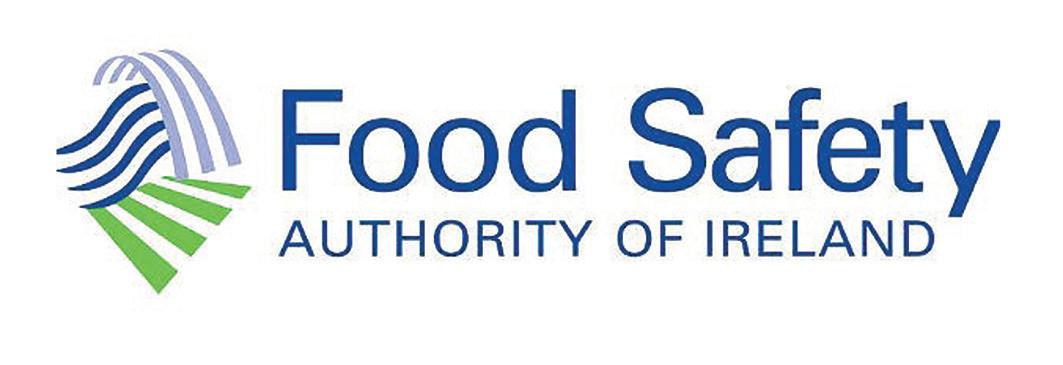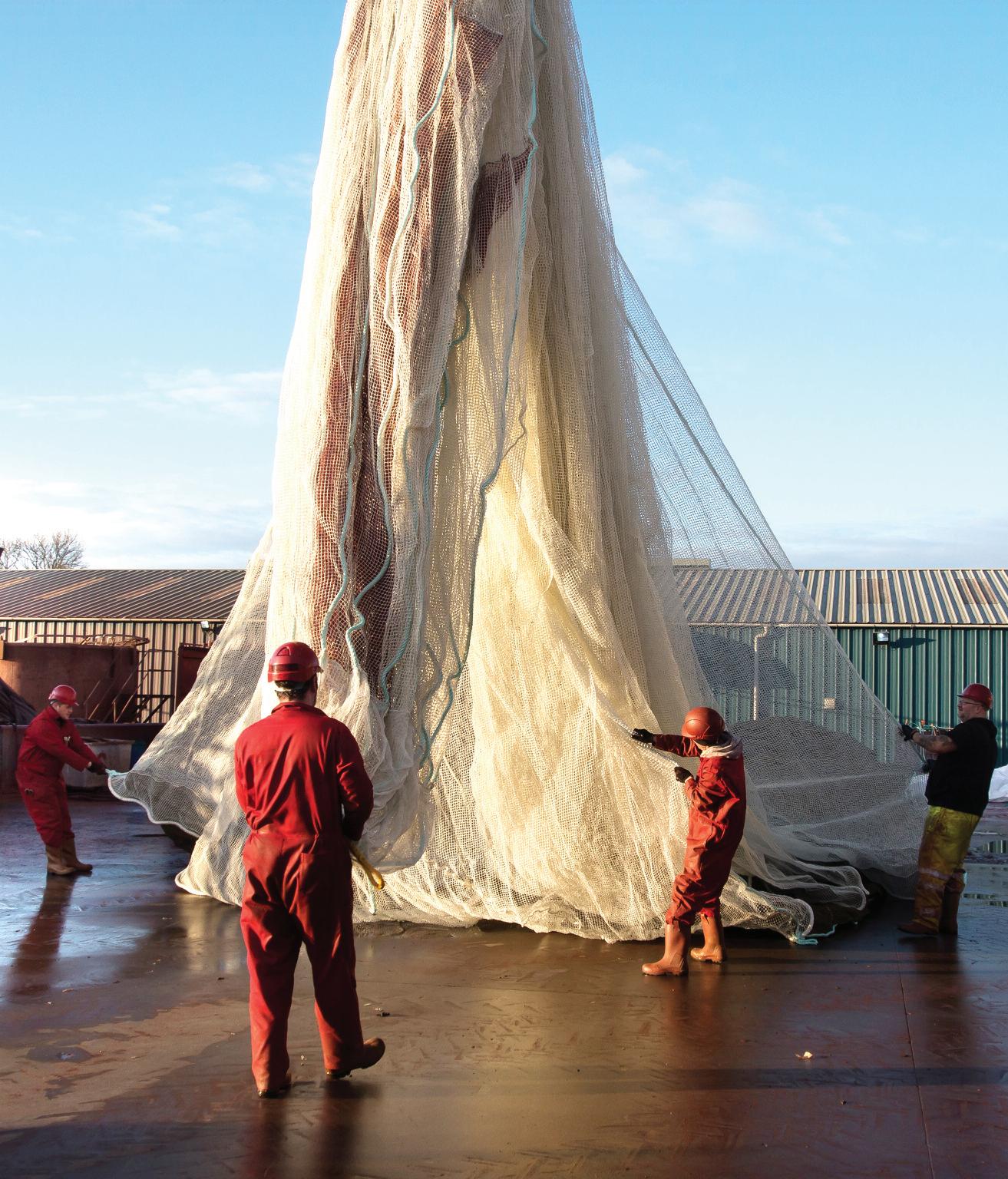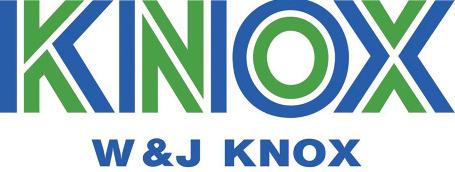
6 minute read
MATTHEW MORRIS: Food fraud: the real cost
Food fraud: the real cost
Matthew Morris, Audit and Investigations Manager, Food Safety Authority of Ireland
Advertisement

Matthew Morris
When the Food Safety Authority of Ireland (FSAI) identified contamination of beef products with horsemeat in 2012, sales of frozen burgers fell 43%, according to a 2013 article published in The Guardian newspaper, citing data from Kantar Worldpanel.
When the complexity of global food supply chains and the opportunities for food fraud were laid bare, consumer confidence in an industry boasting farm-to-fork traceability had been dented.
For industry and regulators, it was a significant wake-up call.
Food fraud, which is estimated to cost the global food industry around thirty billion Euro per year, is no stranger to the commercial fishing and aquaculture sectors.
Fish and fishery products are frequently subject to a range of frauds, including mislabelling, substitution, theft and unauthorised enhancement, which accounted for 30% of suspected violations involving fish reported through the EU Administrative Assistance and Co-operation system for food fraud in 2018.
uNauthoriSed eNhaNcemeNt
Illegal processing to transform the appearance of canning grade or spoiled tuna to sushi-grade tuna is one example. Here a fraudster will subject the tuna to treatment using nitrites or carbon monoxide to bring about a colour change and create a fresh appearance.
Apart from the obvious consumer deception arising from this practice, there are also potentially serious food safety risks as these illegal treatments may conceal spoilage resulting from temperature abuse. As tuna species are associated with high levels of histidine, when temperature abuse occurs, it quickly converts to histamine, which, at sufficiently high levels, can cause illness shortly after eating the affected fish.
ShellfiSh fraud
Harvesting live bivalve molluscs (LBMs) from unclassified production areas or placing LBMs from Class B production areas on the market, without the necessary purification or relaying, constitute other fraud opportunities potentially serious human health risks.
In other cases, what starts as an unforeseen food safety issue can spiral into the realms of fraudulent and deceptive practices when decisions are made in the interests of economic gain rather than consumer protection.
As an Environmental Health Officer working in central London some years ago, I investigated a spate of Norovirus infections among Valentine’s Day diners at two restaurants. The diners had one thing in common: they had all eaten raw oysters supplied by a major London shellfish wholesaler provided by an Irish oyster grower.
It emerged that two days earlier, the Irish authorities had issued an enforcement notice requiring the oyster producer to withdraw those oysters already on the market due to Norovirus contamination.
Why then were the oysters in question still available for service on Valentine’s Day?
The restaurants that served them did not know about the withdrawal. The Irish producer had asked the London wholesaler to let the producer know if they received any complaints - not exactly the actions expected for a product withdrawal.
We can speculate that the decision could have been economically motivated.
Readers may recall that in 2009, a Cork-based seafood company received a penalty of €54,700 for a raft of food safety charges, including failing to provide distribution details for unsafe mussels, which caused 219 people to become ill due to dangerous levels of biotoxins.
Had the business acted quickly and effectively to withdraw the contaminated products from the market when it first became aware of the problem, the outcome for the company and its customers could have been very different.
regulatory laNdScape
December 2019 heralded a new era in food safety regulation in the European Union. Regulation (EU) 2017/625, known as the official control regulation (or OCR), replaced its 2004 predecessor, and, for the first time, placed an explicit duty on food safety regulators to carry out regular official controls to identify intentional violations of food law perpetrated through fraudulent or deceptive practices.
The OCR also requires member states to ensure that the financial penalties for such violations reflect the economic advantage for the food business operator or a percentage of the operator’s turnover.
In the form of the Protected Disclosures Act 2014, Whistle-blower legislation is also helping the FSAI identify serious breaches of food law. As a result, there has been a steady increase in the number of protected disclosures received from those working in the food industry, some of whom had been reluctant to raise their concerns internally.
The concept of food safety culture has developed between the food industry and regulators over many years. This year it became a legal requirement for food business operators to “establish, maintain and provide evidence of an appropriate food safety culture”.
With the development of a central intelligence hub by the FSAI and its inspectorate, this strengthened regulatory regime creates a progressively more hostile environment for fraudsters.
what caN a buSiNeSS do?
Food business operators need to think like wouldbe food fraudsters but put those thoughts to good use to identify potential vulnerabilities in their supply chains and operations.
Food business operators will be familiar with HACCP-based food safety management systems to help ensure the safety of their food. They need to think about establishing Vulnerability Assessment and Critical Control Point (VACCP) plans, which involves a similar methodology to HACCP, but focuses on fraud by identifying vulnerable points in a supply chain so that mitigation measures are in place.
Food businesses should also develop positive anti-fraud cultures, where anyone can raise concerns of wrongdoing, confident they will be investigated and addressed. If staff believe there may be negative consequences for speaking up internally or that it would be pointless to do so, they are more likely to raise those concerns with a regulator.

A supply chain is only as good as the sum of its parts. A business’ products and brand can be affected by fraud elsewhere along the supply chain. Seeking assurance that suppliers and customers have counter-fraud processes can help mitigate the risks.
Just as there can be severe legal, financial and reputational consequences for delaying a food safetyrelated product withdrawal and failing to inform the authorities, failing to notify relevant parties of suspected or established food fraud can also have damaging consequences.
The National Food Crime Unit of the UK Food Standards Agency has recently developed a free online food fraud resilience self-assessment tool to help businesses develop counter-fraud measures.
The tool is available from: https://www.food.gov. uk/food-fraud-resilienceself-assessment-tool and should take no more than 15 minutes to complete.
Food businesses and those working in the food industry with concerns about possible food fraud can contact the Food Safety Authority of Ireland in confidence.
KNOX half Ad_Layout 1 12/06/2015 09:08 Page 1
The net result is quality

Custom manufacture of all types of nets from our own knotless netting. Net sterilising, washing, repair, renovation and antifoulant retreatment


W & J KNOX LTD
Mill Road, Kilbirnie, Ayrshire, Scotland, KA25 7DZ
tel: +44 1505 682511 fax: +44 1505 682980 web: www.wjknox.co.uk





